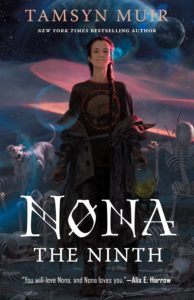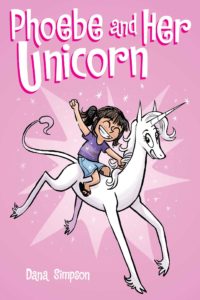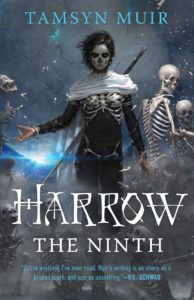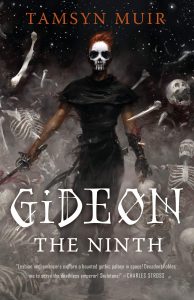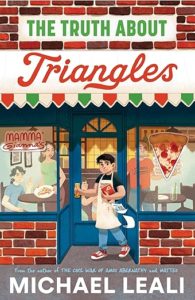 Obviously, I read to my kids all the time. Just as obviously, I do not review the hundreds of picture books and board books, nor still the dozens of chapter books that I have read. But once, almost exactly a year ago, I read Malcolm a real book, and that time has come around once more.
Obviously, I read to my kids all the time. Just as obviously, I do not review the hundreds of picture books and board books, nor still the dozens of chapter books that I have read. But once, almost exactly a year ago, I read Malcolm a real book, and that time has come around once more.
This time, he chose The Truth about Triangles. I wasn’t at the library when he picked it, so I don’t know if it was on one of the monthly themed displays or how he found it, but I assume he liked the picture of the pizza slice on the cover. The last one was probably 50ish pages shorter but aged identically, 12 going on 13. That said, it was a noticeably younger book than the one I’ve read this past month. And I have to say, I don’t know if Malcolm was entirely ready for this one?
In part I say this because he took quite a while to get into the groove, consistently wanting me to read something else.[1] But mostly I say it because this 12 year old is dealing with much older situations than the last batch were. Luca Salvatore has to contend with a junior high crush on the new kid in school, and with his parents’ eroding marriage, and with their eroding family pizza business, and with his overblown sense of responsibility to resolve these issues by himself and without affecting his best friendship.
Luckily, he’s a really good pizza maker, and he has an idea about getting on a reality show and winning over his celebrity crush who hosts the show, as a method of solving nearly all of these problems. But will he be able to keep everyone together and solve all of their many problems, even with such a great plan up his sleeve?
Kid book that nobody who sees this will read so: mostly, yeah. If you accept the premise that he was always going to get on the show, the book shines for dealing with the other problems in mostly thoughtful and realistic ways. Luca has to learn how to not solve everyone’s problems and just be a kid, but since pizza is his passion, he’s allowed to nevertheless solve the biggest one that way. Everything in his personal life is solved through a judicious helping of telling the truth instead of lying about how he’s fine in order to keep other people from feeling more stressed out. And the divorce…. isn’t fixed. He learns that, no, that’s not how life works. Kids cannot fix adult relationship problems, nor be responsible for them.
And so on the one hand, that was a lot of stress for Malcolm to wade through, and I get why he was so unwilling to listen to the earlier parts of the book where it’s all a quagmire of tween angst. But I’m glad to have him be matter of factly exposed to gay kids, and the idea that some parents don’t make it and the kids are not and cannot be responsible for that, and hell, even the idea that sometimes with enough passion and perseverance, problems can be magically solved. It doesn’t happen much, but it doesn’t happen never, y’know? But mostly the prior things more than that last one.
Oh, and also: the triangle as slice of pizza but also as visual metaphor for many, many three-sided relationships? It comes up a lot. Which makes it the most literary book I’ve ever read to a child. Hooray!
[1] I’m not a monster, after the first few chapters I offered for him to not finish reading it and take it back to the library. But he always vociferously refused, and he did basically devour the second half.
